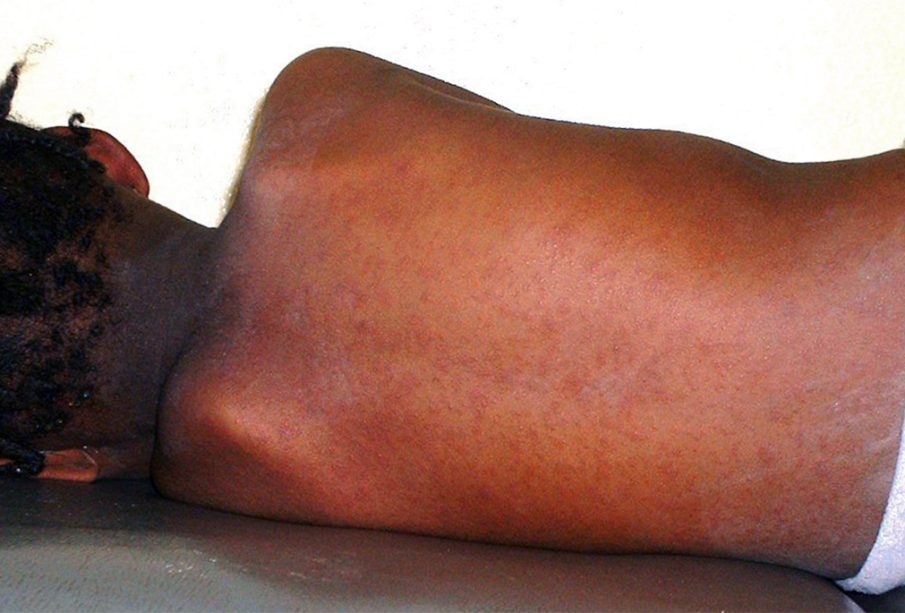Current Trends in Measles Outbreaks and Their Impact

Introduction: The Importance of Measles Awareness
Measles, once considered a largely eradicated disease in many parts of the world, has seen a resurgence in recent years. The World Health Organization (WHO) reported a 557% increase in global measles cases in 2019 compared to 2016. This alarming trend highlights the importance of vaccination and public health awareness, especially in the context of current health infrastructure challenges due to the COVID-19 pandemic.
Recent Outbreaks and Data
In 2023, countries like the Philippines and the Democratic Republic of Congo have reported some of the highest numbers of measles cases. According to the WHO, these outbreaks are often linked to low vaccination coverage, with some areas reporting less than 70% of children fully vaccinated. The re-emergence of measles can be attributed to vaccine hesitancy, misinformation about vaccine safety, and in some cases, health service disruptions caused by the pandemic.
In the United States, measles cases have also been rising sporadically, particularly among unvaccinated communities. The Centres for Disease Control and Prevention (CDC) reported multiple outbreaks in 2021 and 2022, focusing on populations resistant to vaccinations due to socio-cultural beliefs. In the UK, health officials issued warnings regarding the importance of the MMR (measles, mumps, rubella) vaccine to prevent potential future outbreaks.
Health Implications
Measles is not just a mild childhood illness; it can lead to severe complications including pneumonia, encephalitis, and death. The disease is highly contagious, with an R0 (basic reproduction number) between 12 to 18, making herd immunity critical for community protection. Vaccination is the most effective method for controlling measles outbreaks, and global health organisations are urging governments to prioritise vaccination programs.
Conclusion: The Path Forward
The rise in measles cases serves as a critical reminder of the importance of vaccination. Experts recommend that communities come together to increase public education campaigns about vaccine safety and efficacy. Health authorities must also work to ensure that vaccination programs are accessible to all, especially those in remote or underserved regions. As we move forward, enhancing community trust in vaccines will be crucial to preventing future measles outbreaks and protecting public health.









